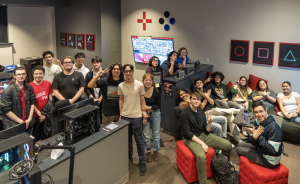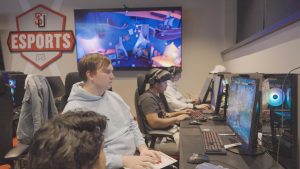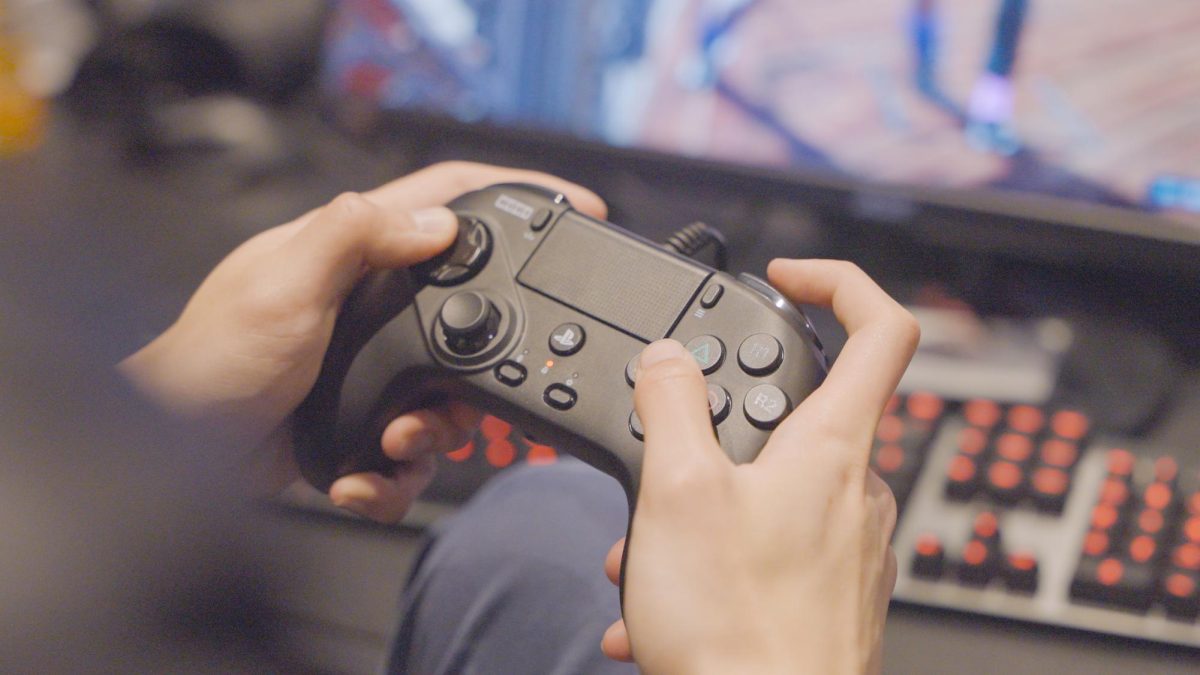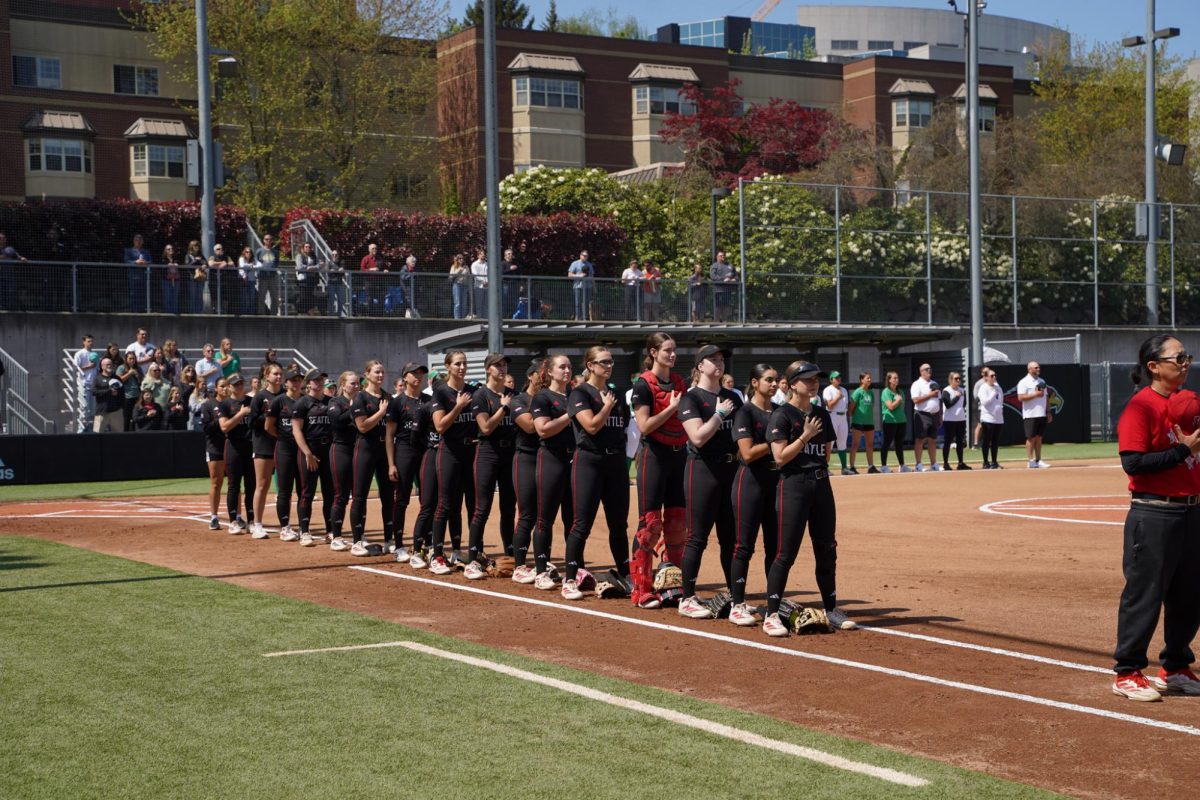 Team rosters for “Valorant,” “Overwatch 2” and “Super Smash Bros. Ultimate” were officially announced Jan. 29 by the Seattle University Esports and Gaming Club (SUEG). Teams will be competing in the National Association of Collegiate Esports (NACE) Starleague’s open divisions.
Team rosters for “Valorant,” “Overwatch 2” and “Super Smash Bros. Ultimate” were officially announced Jan. 29 by the Seattle University Esports and Gaming Club (SUEG). Teams will be competing in the National Association of Collegiate Esports (NACE) Starleague’s open divisions.
SUEG has had strong teams in previous years, but this year marks a concerted effort by the club’s officers and team captains to make the teams both as competitive and inclusive as possible. Official matches will be starting as soon as this week, Feb. 5-11, and continuing until April, if teams qualify for the playoffs.
SUEG is fielding three “Valorant” teams, two “Overwatch” teams and two “Smash Ultimate” teams, giving students the opportunity to play for squads of varying skill levels and commitments.
Timothy Wright, a third-year business and philosophy double-major, is the chair of community affairs for SUEG. Proactively helping grow the university’s gaming community, Wright has been a major part of the formation of competitive teams.
According to Wright, in previous years, when the club placed a large emphasis on competition and esports, they saw overall participation dwindle. He sees a strong correlation between creating a community where people feel welcome and comfortable enough to play competitively.
“But now, we realize that there is a huge need for community. We want to give people a reason to represent our club and Seattle U,” Wright said.
Esports is on the rise across the globe, with viewership growing exponentially in recent years. According to Esports Charts’ data, esports titles “Valorant” and “League of Legends” both reached peak concurrent viewership numbers in the past two years. “League of Legends” holds the record for most concurrent viewers of an esports event, at 6.4 million during their 2023 world championship.
At Seattle U, there are currently no esports scholarships, and students on esports teams are not officially recognized as university athletes. Michael Albert, the president of SUEG, who is a third-year double majoring in anthropology and sociology, sees further recognition from the school, and potentially scholarships, as something to strive for.
“In the long run, the dream would be to have our esports teams recognized as official teams at Seattle U,” Albert said, drawing a comparison to other competitive sports. “Right now, the difference is similar to the club volleyball team compared to the school’s Division I team.”
Getting the chance to be treated the same as other athletics teams is not out of the question, especially when considering the upward trend in esports over the last decade. At the university level, there are a number of schools offering gaming scholarships.
 There are even direct similarities that are often overlooked between esports and traditional physical sports. Takuma Kainuma, a player on the Valorant White team, and first-year sociology major, related “Valorant,” a first-person shooter, to volleyball.
There are even direct similarities that are often overlooked between esports and traditional physical sports. Takuma Kainuma, a player on the Valorant White team, and first-year sociology major, related “Valorant,” a first-person shooter, to volleyball.
“Valorant is definitely a team sport. Without five people all on the same page, you aren’t going to win,” Kainuma said. “If one player is really really good, it can still be difficult if the team is missing chemistry. You need a mic, an in-game leader and a plan.”
With this in mind, the different levels of play between “Valorant” team red, black and white (in homage to Seattle U’s colors), are an attempt to group high-ranked skilled players together, and ensure that varying levels of commitment are available.
“There was no tryout process for the teams, anyone could sign up. We don’t want to do any gatekeeping,” Albert said.
According to Albert, the higher ranking “Valorant” teams will potentially meet as often as four times a week for practices, while other teams have the option to practice as much, or as little as they want, depending on the captains’ and players’ decisions.
Players on the competitive esports teams range from those who want to give ranked play a chance for the first time, to those who have participated in tournaments and for esports teams in high school.
“In esports there is a lot of pride and passion that comes along with cheering for your team,” Wright said.
The Valorant Red Team is currently the only one with a Twitch channel, set up to stream their matches, but there are hopes that each team will have the potential to broadcast their games in the future as Seattle U esports takes its next step.








